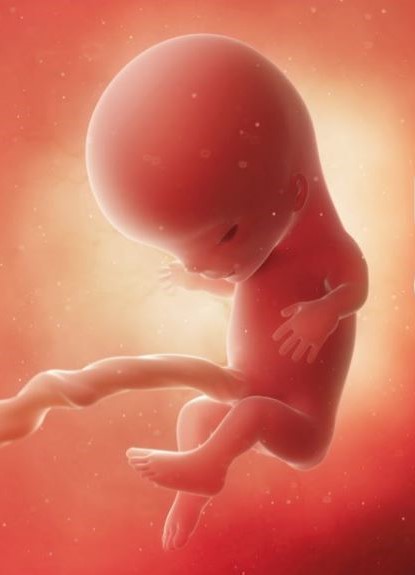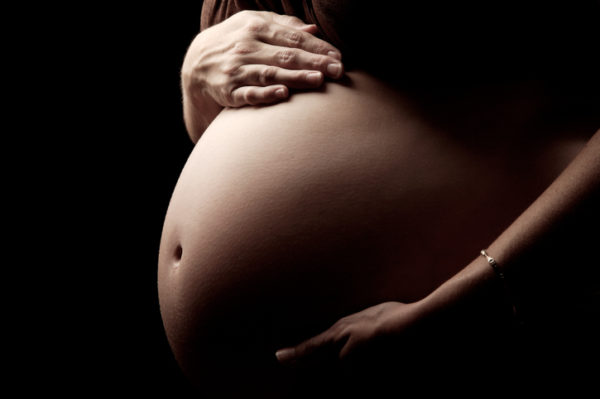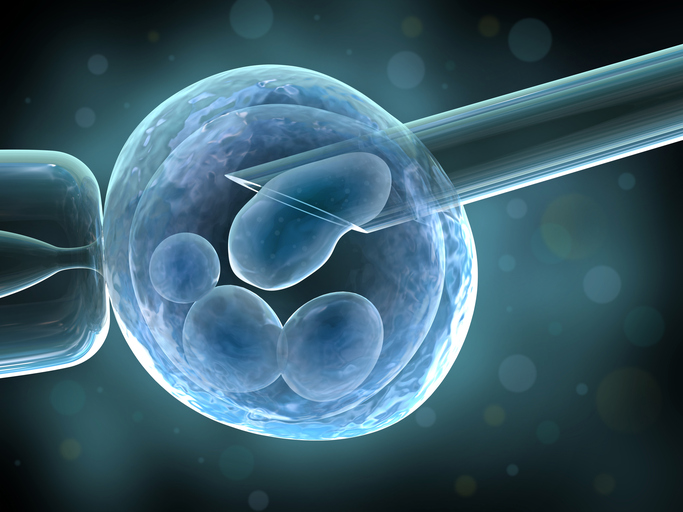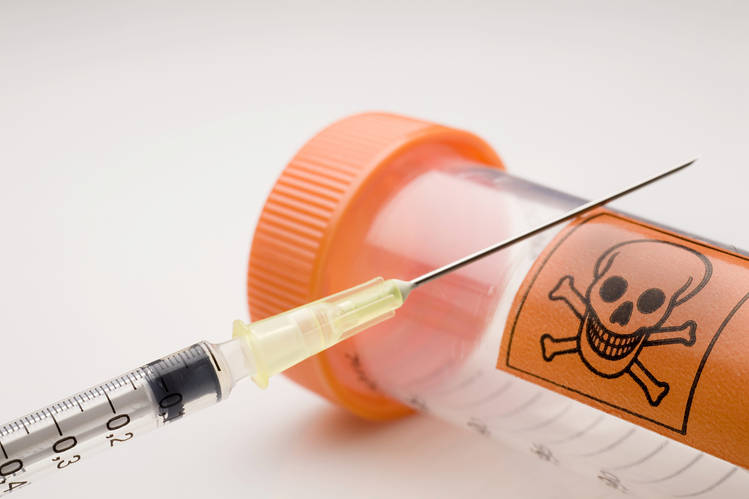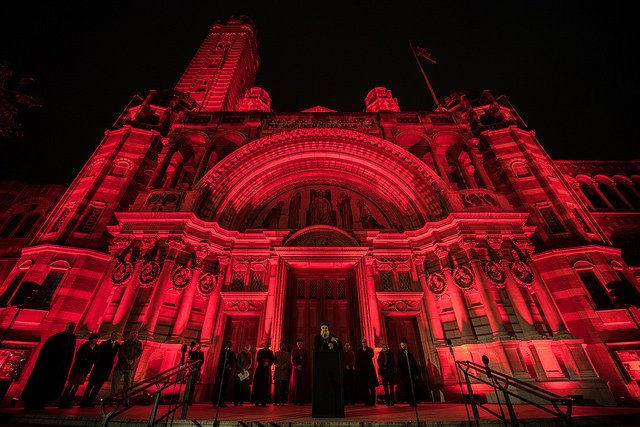There is a danger that suicide prevention may change into suicide assistance according to speakers at a symposium in Oxford this week. The Anscombe Bioethics Centre, a Catholic academic institute, held a three-day symposium on the ethics of psychiatry and mental health care this week. One of the speakers was Professor Patricia Casey, a patron of The Iona Institute.
Michael Wee, the education officer at the Centre said psychiatrists and mental health professionals are precisely the kind of persons those who are suicidal might go to for help.
“The shift to suicide assistance, by the very people whose role we customarily think of as being suicide prevention, is one that will therefore interest and, indeed, alarm many,” he said.
Earlier this year, medical professionals in the Netherlands performed euthanasia on a 29-year-old woman suffering from depression and other mental ailments, after the country widened its euthanasia laws to allow it for those with mental illnesses. Euthanasia for people who are not terminally ill, but suffering psychiatric disorders, is also legal in Belgium.
“We wanted to highlight the way that physician-assisted suicide is also a mental health issue and that the norms of suicide prevention should also apply to people to are seeking to end their lives by assisted suicide,” said David Albert Jones, the director of the centre.


